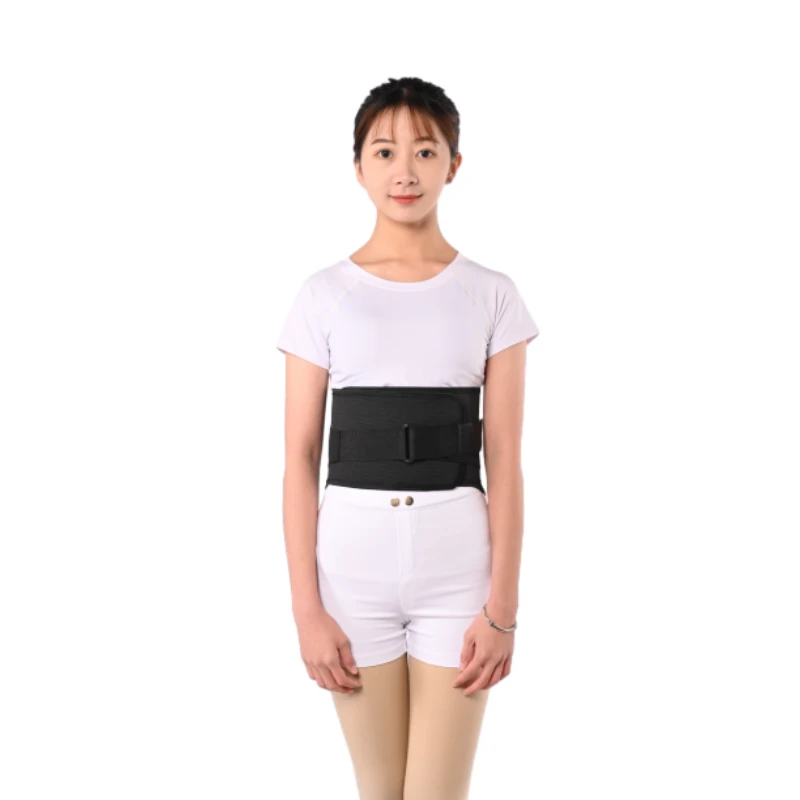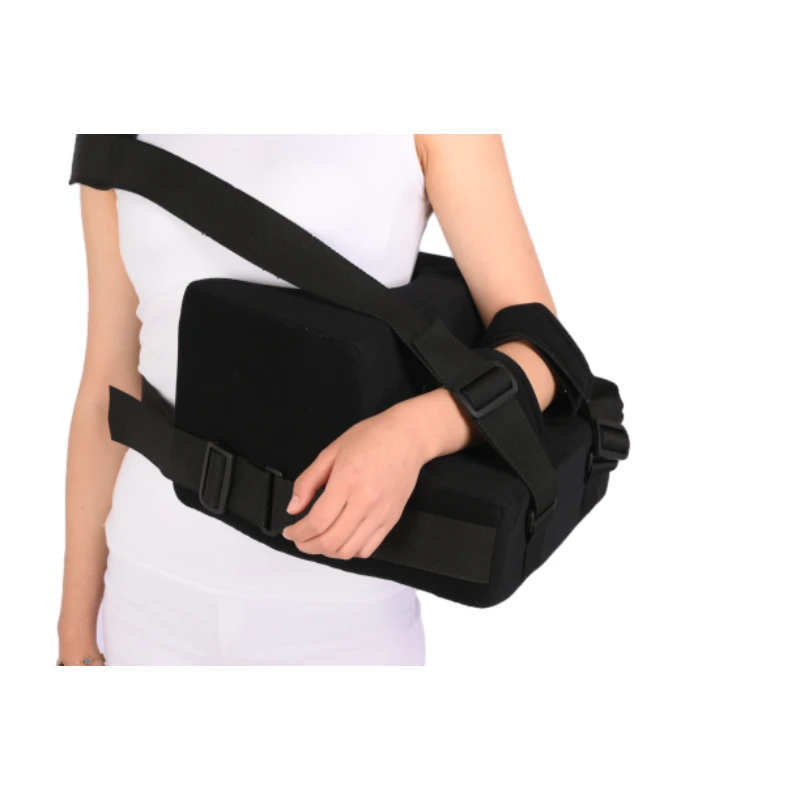Jan . 20, 2025 15:35
Back to list
when to use neck collar
The use of neck collars, also known as cervical collars, is an essential aspect of managing neck-related injuries and conditions. Ensuring that one employs a neck collar properly can significantly enhance recovery, alleviate pain, and prevent further damage. Through thorough research and years of hands-on experience, it becomes clear that understanding when to use such a supportive device hinges on specific circumstances related to medical needs, lifestyle, and long-term health goals.
When choosing a neck collar, the type and fit are crucial. They range from soft collars, which allow some degree of movement, to rigid collars that fully immobilize the neck. The decision hinges on the severity of the condition. A snug fit without being overly tight is necessary to avoid constriction, while still offering sufficient support to stabilize the cervical region. In terms of duration, the advised wearing time for a neck collar varies significantly. Short-term use is often emphasized to prevent muscle atrophy and encourage the patient's return to normal movement patterns. For injuries, a typical recommendation might range from a few days to weeks, whereas post-surgical guidance might extend to a few months. However, gradual weaning off the collar is usually the aim, facilitated by complementary therapies such as physical therapy to restore natural strength and flexibility. Living with a neck collar requires practical adjustments. Activities requiring extensive neck movement, such as driving, may need temporary cessation. Simultaneously, adopting ergonomic changes at home and work can support healing. Using supportive pillows and setting computer screens at eye level can minimize additional strain on the neck. Finally, the psychological effects of wearing a neck collar should not be overlooked. The sudden restriction in movement and dependence on this medical device can impact mental well-being. It's helpful to engage in activities that bolster mental health, whether through mindfulness practices, exercise (that align with medical advice), or engaging with communities of others undergoing similar experiences. The judicious use of neck collars is undeniably a valuable aspect of managing neck-related conditions and rehabilitating after medical procedures. When used appropriately, guided by professional advice and personalized strategies, neck collars can be a significant component in a comprehensive recovery plan, helping individuals regain their health safely and confidently.


When choosing a neck collar, the type and fit are crucial. They range from soft collars, which allow some degree of movement, to rigid collars that fully immobilize the neck. The decision hinges on the severity of the condition. A snug fit without being overly tight is necessary to avoid constriction, while still offering sufficient support to stabilize the cervical region. In terms of duration, the advised wearing time for a neck collar varies significantly. Short-term use is often emphasized to prevent muscle atrophy and encourage the patient's return to normal movement patterns. For injuries, a typical recommendation might range from a few days to weeks, whereas post-surgical guidance might extend to a few months. However, gradual weaning off the collar is usually the aim, facilitated by complementary therapies such as physical therapy to restore natural strength and flexibility. Living with a neck collar requires practical adjustments. Activities requiring extensive neck movement, such as driving, may need temporary cessation. Simultaneously, adopting ergonomic changes at home and work can support healing. Using supportive pillows and setting computer screens at eye level can minimize additional strain on the neck. Finally, the psychological effects of wearing a neck collar should not be overlooked. The sudden restriction in movement and dependence on this medical device can impact mental well-being. It's helpful to engage in activities that bolster mental health, whether through mindfulness practices, exercise (that align with medical advice), or engaging with communities of others undergoing similar experiences. The judicious use of neck collars is undeniably a valuable aspect of managing neck-related conditions and rehabilitating after medical procedures. When used appropriately, guided by professional advice and personalized strategies, neck collars can be a significant component in a comprehensive recovery plan, helping individuals regain their health safely and confidently.
Prev:
Next:
Latest News
-
Best Philadelphia Collar Prices - Premium Cervical SupportNews Jul.25,2025
-
Pregnancy Belly Support Belt: Relieve Pain & Boost Comfort | ShopNews Jul.25,2025
-
Hard Cervical Collar-Hebei Jianhang Technology Co., Ltd.|Rigid Neck Support&Adjustable FitNews Jul.23,2025
-
Hard Cervical Collar-Hebei Jianhang Technology Co.,Ltd.|Neck Support&Injury RecoveryNews Jul.21,2025
-
Hard Cervical Collar-Hebei Jianhang Technology Co.,Ltd.|Neck Support&Injury RecoveryNews Jul.21,2025
-
Hard Cervical Collar-Hebei Jianhang Technology Co.,Ltd.|Neck Support&Injury RecoveryNews Jul.21,2025
Have a question? Keep in touch.





















